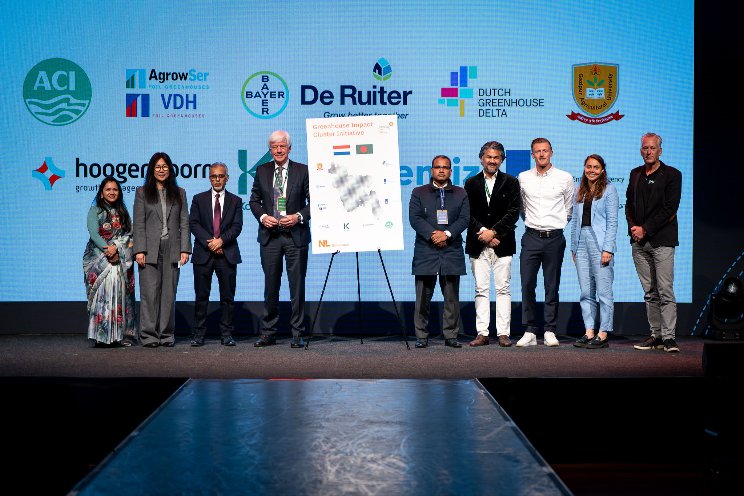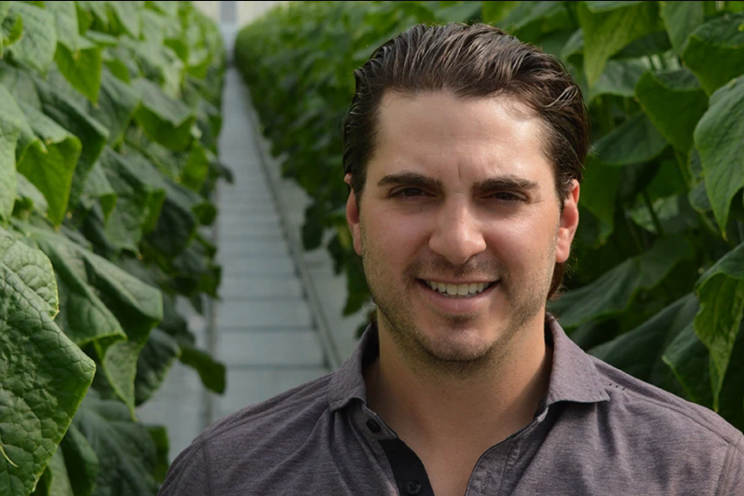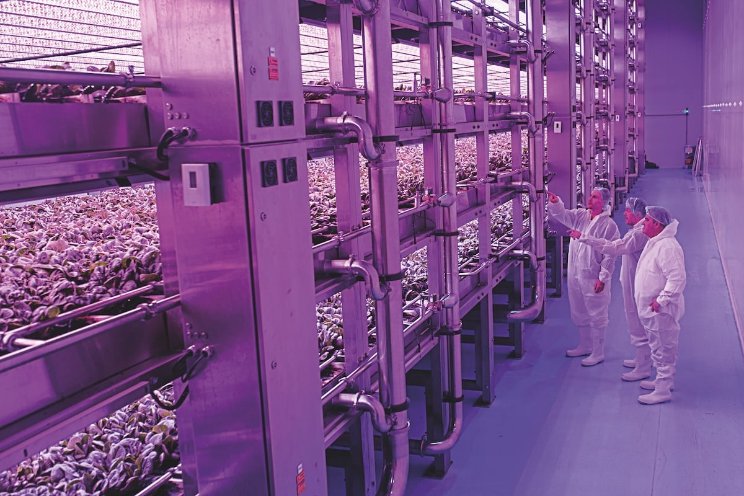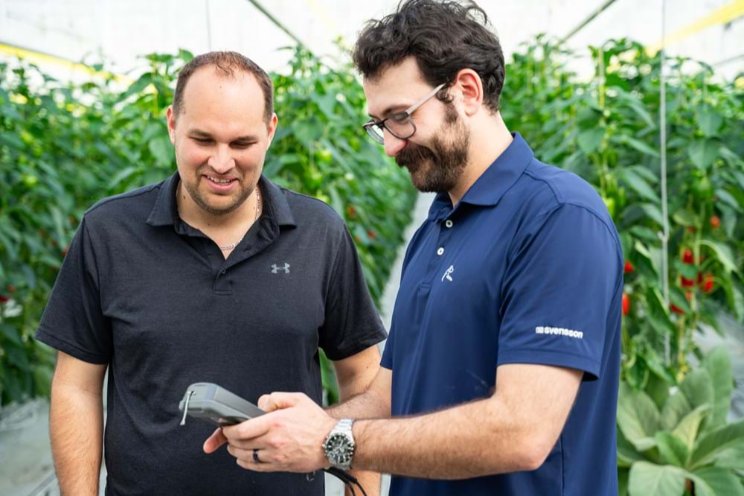Does medical cannabis actually benefit the elderly in Europe?
Added on 27 September 2024
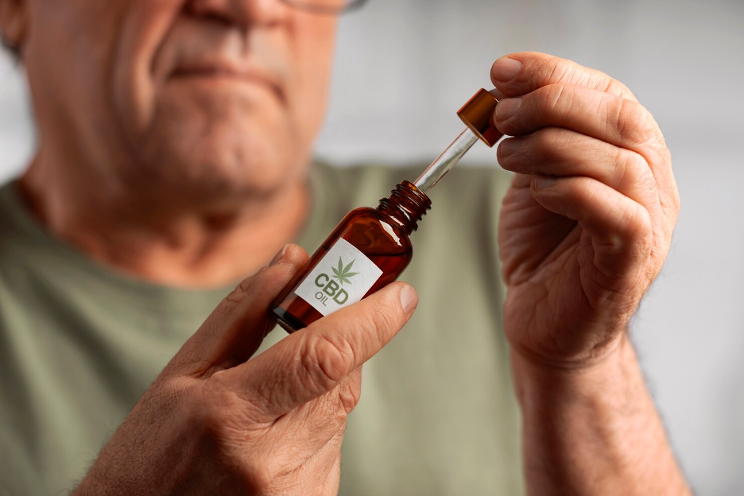
As we continued our conversation over dinner, another guest mentioned CBD oil as a possible remedy for the pain and discomfort that often accompany old age. He explained how it could help make life more bearable for elderly individuals. This sparked my curiosity— How much do people really know about medical cannabis and its benefits, particularly senior citizens? And more importantly, to what extent do Dutch and other European healthcare systems make medical cannabis accessible to the elderly?
The Netherlands
In the Netherlands, five cannabis-based medicines—Bedrocan, Bedrobinol, Bediol, Bedica, and Bedrolite—can be bought at any pharmacy (apotheek) but only with a prescription. These products, which are all produced by Bedrocan, the sole company licensed to supply cannabis to Dutch pharmacies, have been available since 2003 through a partnership with the Dutch Medical Cannabis Bureau. Bedrocan ensures that each product is standardized for medicinal use, providing consistent cannabinoid profiles to treat conditions like chronic pain, epilepsy, and other health issues.
A Detailed Overview
Bedrocan: Potent Relief for Severe Pain
At the top of Bedrocan's offerings is its namesake product, Bedrocan, known for its high THC content—22% to be exact. This product is often prescribed to patients dealing with extreme, debilitating conditions like multiple sclerosis and severe neuropathic pain. Bedrocan is typically administered in flos form, where the dried cannabis flower is either vaporized or brewed into a tea. Due to its potency, doctors advise starting with small doses, gradually increasing as needed. Bedrocan provides intense relief for those who need it most, but it’s not something to take lightly. It’s a serious option for serious pain management.
Bedrobinol: A Balanced Option for Moderate Pain
For those needing something strong but not overpowering, Bedrobinol offers a middle-ground solution. With a THC concentration of 13.5%, this product is designed to help patients manage moderate pain, muscle spasms, or even anxiety. It’s derived from the sativa strain Ludina, which gives it a more balanced effect compared to stronger products like Bedrocan®. Bedrobinol is often prescribed to those who need effective relief without the risk of intense side effects. Doctors usually start patients on low doses, adjusting upwards if necessary to achieve the right balance between symptom control and tolerance. Bedrobinol, like Bedrocan, is also available in flos form.
Bediol: A Gentler Introduction with Balanced THC and CBD
Bediol is where Bedrocan’s product range begins to balance the scales between THC and CBD. With 6.3% THC and 8% CBD, Bediol is designed for patients who want the benefits of cannabis but with milder psychoactive effects. Often prescribed for conditions like inflammation, arthritis, or even epilepsy, Bediol provides a gentler entry point for cannabis treatment, making it a favorite among first-time users or elderly patients. The granulated form of Bediol makes accurate dosing easier, and its higher CBD content helps counterbalance the sometimes overwhelming effects of THC, allowing for relief without the high.
Bedica: A Calming Solution for Sleep and Anxiety
When anxiety or sleep disorders make life difficult, Bedica steps in with its calming, sedative effects. Containing 14% THC and derived from an indica strain, Bedica is crafted for those who need help unwinding at the end of a stressful day or easing into a restful night’s sleep. What sets Bedica apart is its high concentration of myrcene, a terpene known for its relaxing qualities. Patients who use Bedica typically find it effective for managing severe anxiety, pain, or sleep disturbances without feeling overwhelmed by the THC. Available in a granulated form, Bedica is vaporized or brewed into tea to deliver its soothing effects.
Bedrolite: Therapeutic Relief Without the High
For patients seeking the medicinal benefits of cannabis without any psychoactive effects, Bedrolite is the ideal choice. With less than 1% THC and 7.5% CBD, Bedrolite provides therapeutic relief from conditions like epilepsy, particularly for patients who haven’t responded to conventional treatments. Its minimal THC content makes it a popular choice for children, elderly patients, or anyone who needs the medical advantages of cannabis without the high. Bedrolite is especially noted for its efficacy in reducing the frequency and intensity of seizures, offering a safe, effective treatment for those with severe neurological conditions.
Each of these products is available for €32.40 per 5 grams and can be found in pharmacies across the Netherlands. These medications aren’t sold over-the-counter; they require a prescription from a licensed physician. Typically, doctors prescribe Bedrocan products for conditions such as chronic pain, epilepsy, and severe anxiety when conventional treatments have failed. Once a prescription is issued, the medication can be obtained at most Dutch drugstores, including online medical platforms such as Apotheek.nl. Prescriptions are usually monitored closely by healthcare providers to ensure that patients receive the right dosage and strain for their medical needs.
The landscape of medical cannabis for the elderly in the Netherlands is at a critical crossroads—despite a wealth of options on paper, the reality is that the full potential of cannabis treatment remains largely untapped. Stigma continues to cast a shadow, especially among older generations, who may still associate cannabis with controversy rather than care. Beyond this, key questions linger: Is the system truly benefiting Dutch citizens, especially the elderly, in the way it should? Are people in more rural regions—outside the big cities of Amsterdam, Rotterdam, and Utrecht—getting the same access to this transformative medication? What about those in Overijssel, Gelderland, or North Brabant?
It's time to dig deeper, and that's exactly what I plan to do. In an upcoming series, I’ll be peeling back the layers of the Dutch and European medical cannabis landscape, exposing the gaps in accessibility, and shining a light on what can be done—both legally and practically—to bring this medicine to the people who need it most, wherever they are. Whether you’re an advocate, a patient, or simply curious, this is a journey you won’t want to miss. Stay tuned as I uncover the obstacles, highlight the progress, and explore the future of medical cannabis for all—young and old, in every corner of Europe.
By DANIEL CIUREA
More news
